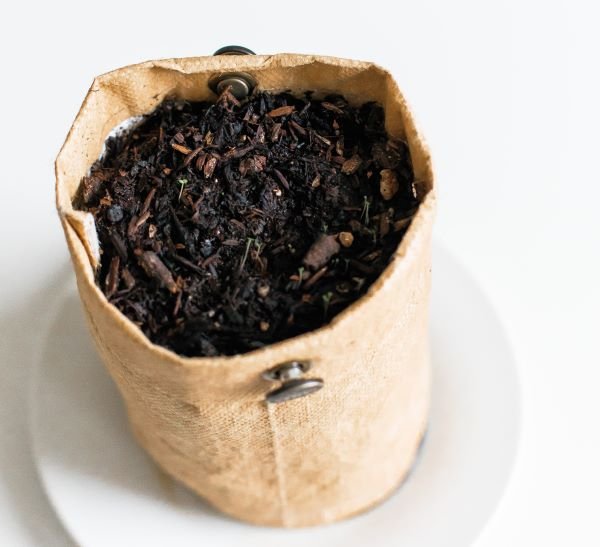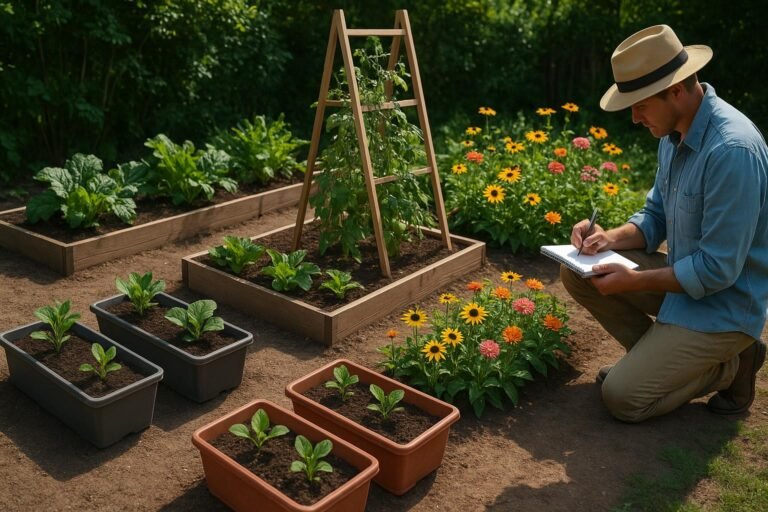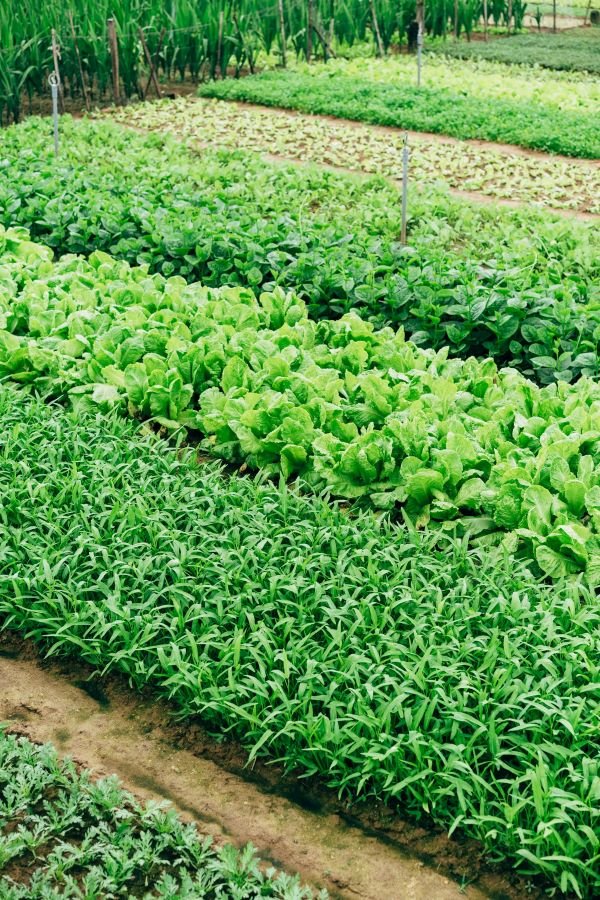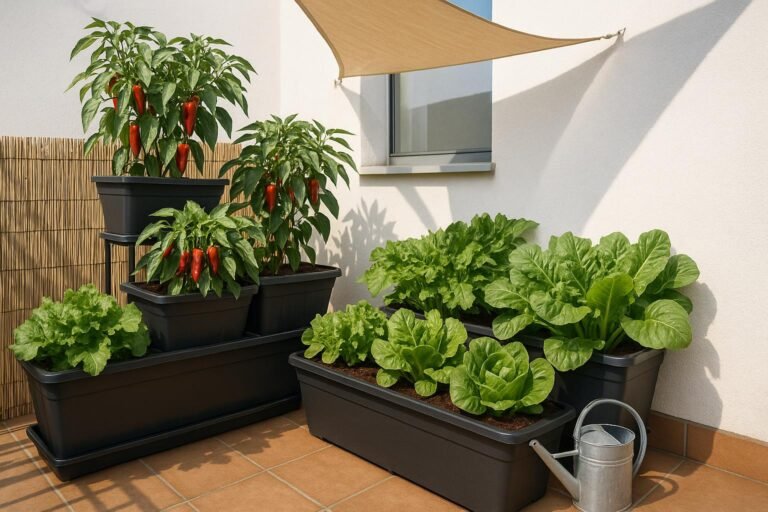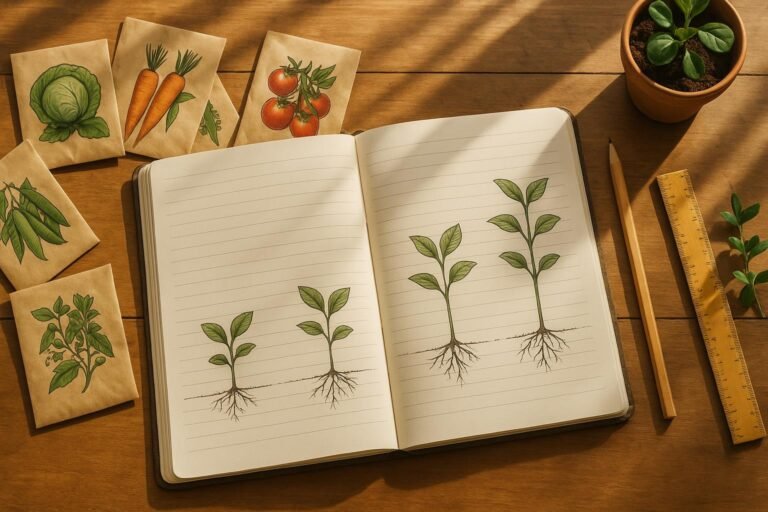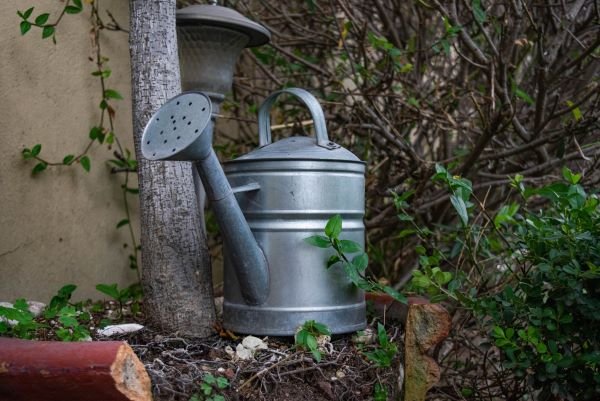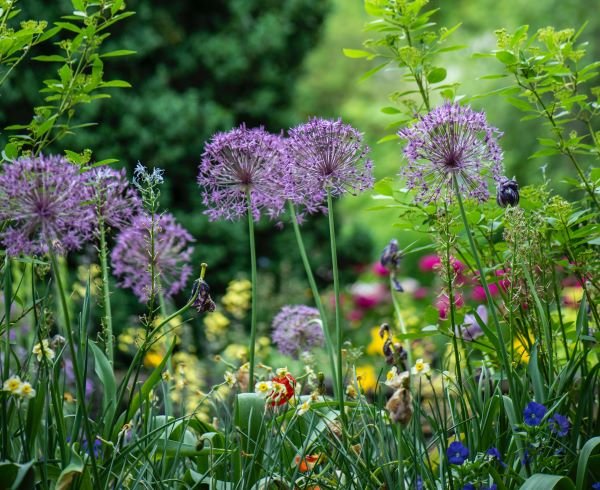Organic Composting: Turning Waste into Gardening Gold
In the intricate ballet of nature, nothing truly goes to waste. Fallen leaves, discarded vegetable scraps, and even the humble worm’s activities adds to the cycle of life. Organic composting uses this cycle, turning what we often regard as waste into a nutrient-rich goldmine for our gardens.
The Essence of Organic Composting
Organic composting is the natural process of recycling organic materials into a rich soil supplement. By fostering the right environment, we can speed up the decomposition process, turning green and brown waste into a dark, crumbly, and sweet-smelling compost.
Compost Bins: Housing the Transformation
Choosing the right home for your compost is crucial. Compost bins come in various shapes and sizes, from tumbler bins that allow easy turning to stationary bins that sit directly on the ground.
- Size & Design: Depending on the garden’s size and your composting goals, you can select from compact bins for small patios or larger and/or multiple bins for bigger gardens.
- Material: Durable, recycled plastic or wooden bins can serve well. Ensure they offer proper air flow to aid the composting process.
Understanding Green and Brown Waste
Balance is the key to successful composting.
- Green Waste: These are nitrogen-rich materials like vegetable scraps, fresh grass clippings, and coffee grounds. They help in speeding up the decomposition process.
- Brown Waste: Carbon-rich materials such as dried leaves, twigs, and cardboard provide the necessary bulk and aid in aeration.
A good rule of thumb is to maintain a 3:1 ratio of brown waste to green waste for optimal composting.
Compost Tea: A Liquid Nutrient Boost
One of the hidden treasures of composting is compost tea—a nutrient-packed liquid that can be used to water plants. By steeping mature compost in water, you create a brew that can boost plant growth and improve soil structure.
Mulching: A Protective Blanket
Once you have your compost ready, it can serve as an excellent mulch. Spreading a layer on the soil’s surface helps:
- Retain Moisture: Compost mulch absorbs water, reducing evaporation.
- Suppress Weeds: A thick layer of compost can hinder weed growth.
- Enhance Soil Health: Over time, compost mulch breaks down, enriching the soil beneath.
Worm Composting: Nature’s Little Recyclers
Vermicomposting, or worm composting, adds red worms into the composting mix. These tiny creatures digest organic waste, producing worm castings—an incredibly nutrient-rich compost. Worm composting can be faster than traditional methods and is especially useful for gardeners with limited space.
In Conclusion: The Alchemy of Organic Composting
Organic composting is more than just getting rid of waste; it’s like magic. Turning unwanted materials into valuable soil for the garden shows care for nature’s cycles. As you learn about composting, keep in mind that you’re not only helping plants but also supporting a green, organic way of life that spreads beyond the garden’s limits.
Check Out my other blog posts:
Check out my other websites:
For woodworking enthusiasts – JLH-Rentals.com
Interested in travel to Europe – GramAndPapTravel.com
